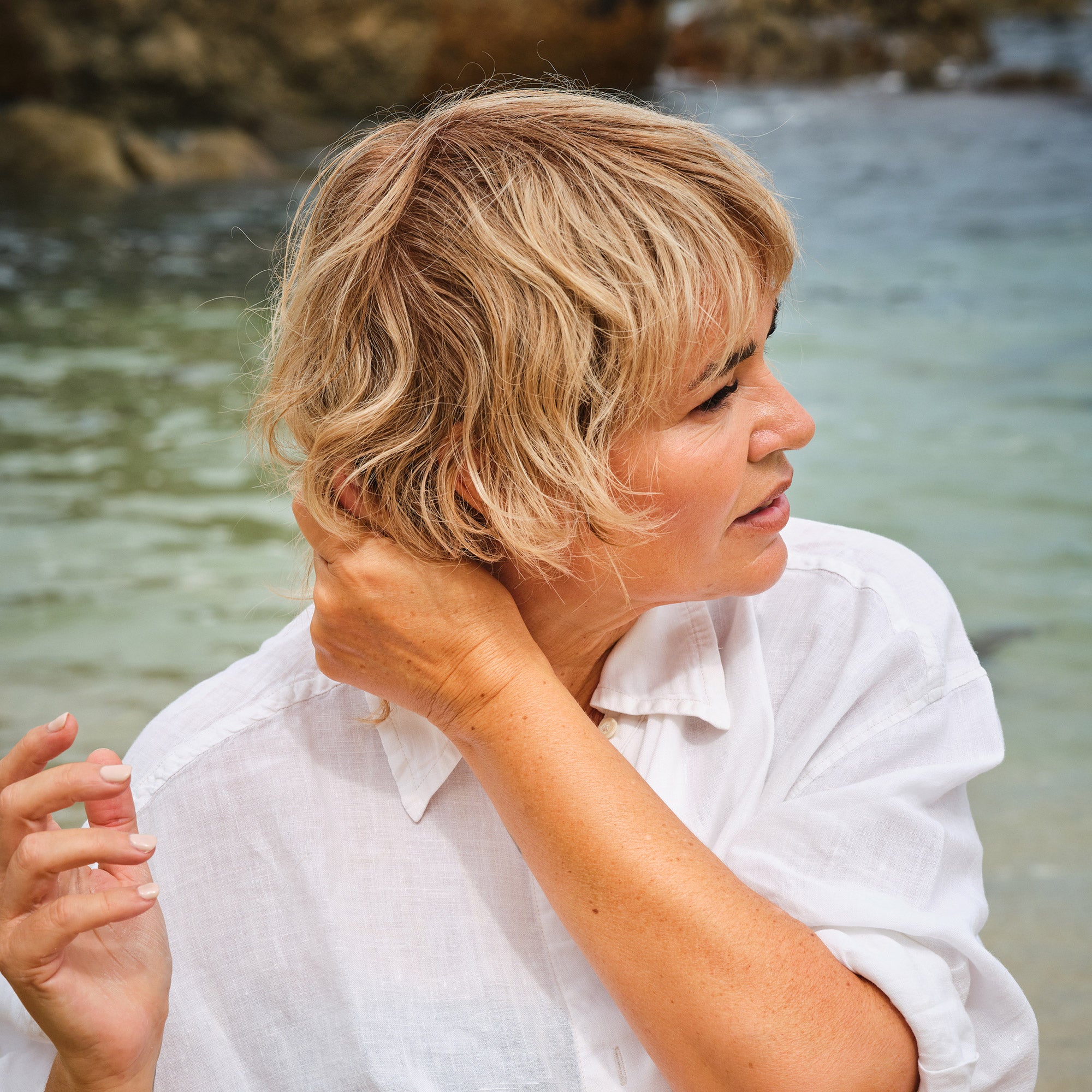The truth is, many haircare products contain ingredients that aren't as beneficial as they claim to be. Some of these ‘nasties’ can build up over time, leading to issues like scalp irritation, dryness, or even hair thinning. And with buzzwords like “natural,” “organic,” or “dermatologist-recommended” being thrown around, it’s hard to know which products are genuinely beneficial for your hair and which might be causing more harm than good.
So, here’s the lowdown on the common culprits in haircare products – the ingredients you need to watch out for and why steering clear of them might be the best thing you can do for your locks. Whether you’ve got fine, curly, or colour-treated hair, understanding what’s in your products is the first step to achieving truly healthy hair.
Sulphates (Sulfates)
You’ve probably seen the trend for using sulphate free shampoo, but what actually are sulphates and why can they harm your hair?
Sulphates are harsh detergents used in many shampoos to create that lathering foam we associate with squeaky clean hair. The most common types include sodium lauryl sulphate (SLS) and sodium laureth sulphate (SLES).
Why are sulphates bad for my hair?
While sulphates are effective at removing oil and dirt, they can also strip away the natural oils your hair and scalp need to stay healthy. Over time, this can lead to dryness, irritation, and breakage.
For those with sensitive skin, sulphates can trigger reactions, causing further discomfort. They’re also bad news for anyone struggling with frizzy hair. Sulphates create a negative electrical charge, which can lead to more frizz. Combined with the moisture they strip from your hair, this can leave you with dry, frazzled looking locks.
What to look for on labels
Avoid ingredients like SLS, SLES, or ammonium lauryl sulphate.
Parabens
Parabens are synthetic chemicals which are used as preservatives to extend the shelf life of hair and skincare products by preventing the growth of mould and bacteria.
Why are parabens considered harmful?
Research suggests that parabens can mimic oestrogen in the body, which has raised concerns about a possible link to hormone disruption and breast cancer. Although the risk is still being debated, many consumers prefer to avoid them.
What to look for on labels
Look out for anything ending in ‘paraben,’ like methylparaben or propylparaben.
Propylene Glycol
Propylene glycol is a synthetic compound commonly used in hair care products. Its main function is to assist in the diffusion of ingredients through the skin, allowing active components to penetrate deeper and have a more significant effect. While this can enhance the effectiveness of beneficial ingredients, it also means that other chemicals, such as preservatives and fragrances, may also be absorbed more readily into the skin, which can be a concern for some people.
Why should I avoid propylene glycol in haircare products?
The controversy surrounding propylene glycol stems from its ability to enhance the absorption of not just beneficial active ingredients, but also potentially harmful chemicals present in formulations. For those with sensitive skin, this increased penetration can lead to irritation or allergic reactions. It may also disrupt your hair’s natural barrier by allowing deeper penetration of harsh chemicals, which could weaken the hair structure over time. While propylene glycol is effective in enhancing product performance, those concerned with potential skin sensitivity may choose to avoid it in favour of alternatives.
What to look for on labels
When scanning ingredient lists, avoid products that include propylene glycol or PEG (polyethylene glycol), as these compounds can have similar effects on your hair and scalp. Instead, opt for haircare products that use natural humectants like glycerin or aloe vera.
Silicones - not all created equal
Silicones are synthetic polymers used in haircare products to give your hair a smooth, shiny finish and reduce frizz. Some common types include dimethicone, cyclopentasiloxane, and cyclomethicone. However, not all silicones are created equal.
While some silicones can create a smooth, glossy look, certain types can build up on your hair over time, weighing it down and making it appear greasy or dull. This build-up can also block moisture from penetrating the hair, leading to dryness and potential breakage. The worst offenders are non-water-soluble silicones, like dimethicone, which are difficult to wash out.
Good vs. Bad Silicones
Not all silicones are bad for your hair. Water-soluble silicones, such as amodimethicone, are much gentler on your hair and easy to wash out, meaning they won’t cause build-up. Lightweight silicones, like cyclopentasiloxane and amodimethicone, can also provide a smooth finish without weighing the hair down and are often preferred in quality haircare products.
What to look for on labels
Avoid heavy, non-water-soluble silicones like dimethicone and cyclomethicone. Instead, look for lighter or water-soluble versions like dimethicone copolyol, amodimethicone, or cyclopentasiloxane.
Phthalates
Phthalates are a group of chemicals used to make plastics more flexible. In haircare, they are often used to help products stick to your hair or scalp and maintain fragrance. The most commonly used phthalate in cosmetics is diethyl phthalate (DEP).
Why are they harmful?
Phthalates have been linked to a range of health concerns, including hormone disruption, reproductive issues, and developmental problems in children. They can be absorbed through the skin, making them a potential risk with regular use.
What to look for on labels
Phthalates can sometimes be hidden under the term “fragrance” or “perfume,” so be cautious when you see these vague ingredients.
Formaldehyde and Formaldehyde Releasers
Formaldehyde is a preservative and known carcinogen used in some hair smoothing treatments, including certain keratin treatments. Formaldehyde releasers, such as DMDM hydantoin, imidazolidinyl urea, and quaternium-15, gradually release formaldehyde over time.
Why are they harmful?
Exposure to formaldehyde can cause respiratory issues, skin irritation, and even cancer with long-term exposure. Formaldehyde releasers can have the same effects, albeit more slowly.
What to look for on labels
Avoid ingredients like DMDM hydantoin, imidazolidinyl urea, quaternium-15, and anything explicitly stating formaldehyde.
Vegan Haircare - what’s the deal?
Vegan haircare refers to products that are free from animal-derived ingredients and are not tested on animals. Here’s what makes haircare products vegan:
No Animal-Derived Ingredients
Vegan haircare products are formulated without any ingredients that come from animals. Some common animal-derived ingredients found in non-vegan haircare products include:
- Keratin: Often derived from the hair, feathers, hooves, and horns of animals. While it strengthens hair, vegan alternatives use plant-based proteins instead.
- Collagen: Typically sourced from the connective tissues of animals, collagen is used to improve hair elasticity. Vegan versions rely on plant extracts to replicate this benefit.
- Honey: Frequently used as a moisturising agent, honey comes from bees. Vegan alternatives often include agave nectar or glycerin.
- Lanolin: A wax secreted by the glands of wool-bearing animals, commonly used to hydrate the hair. Plant oils like jojoba or shea butter serve as vegan substitutes.
- Silk Proteins (Silk Amino Acids): Extracted from silkworms, silk is sometimes included in products for its smoothing properties. Vegan haircare products use plant-based proteins, such as soy or quinoa, instead.
Cruelty-Free Hair Care
While being vegan focuses on the ingredients, many vegan haircare products are also cruelty-free, meaning they have not been tested on animals. This distinction is important because a product can be cruelty-free without being vegan (i.e., it’s not tested on animals but may still contain animal-derived ingredients).
Plant-Based Ingredients
Vegan haircare products rely on plant-based ingredients to replace the nourishing, hydrating, and strengthening properties often provided by animal-derived substances. Ingredients like aloe vera, coconut oil, argan oil, and plant proteins are popular in vegan formulations to provide moisture, shine, and strength.
Windle Lab – UK Made Haircare
At Windle, we believe in authenticity and transparency.. Our haircare range is carefully formulated to deliver real results without compromising the health of your hair or scalp. Paul Windle, in collaboration with an expert in sustainable, organic skincare, laid the foundation for the Windle LAB range – a fusion of advanced skincare technology tailored specifically for hair and scalp health.
Our Windle Laboratory, nestled in the Lake District, is where our in-house chemist and the Windle LAB team work tirelessly to research, develop, and handcraft every product. We use only the finest ingredients, including our unique rich tea blends, which are brewed on-site. This hands-on approach allows us to maintain the highest level of quality, ensuring that our products nourish and strengthen your hair from the inside out When you choose Windle, you’re choosing a brand that values integrity, sustainability, and the long-term wellbeing of your hair. No shortcuts,– just pure, high-quality care that results in eternally beautiful hair.
When you choose Windle, you’re choosing a brand that values integrity, sustainability, and the long-term wellbeing of your hair. No shortcuts,– just pure, high-quality care that results in eternally beautiful hair.


